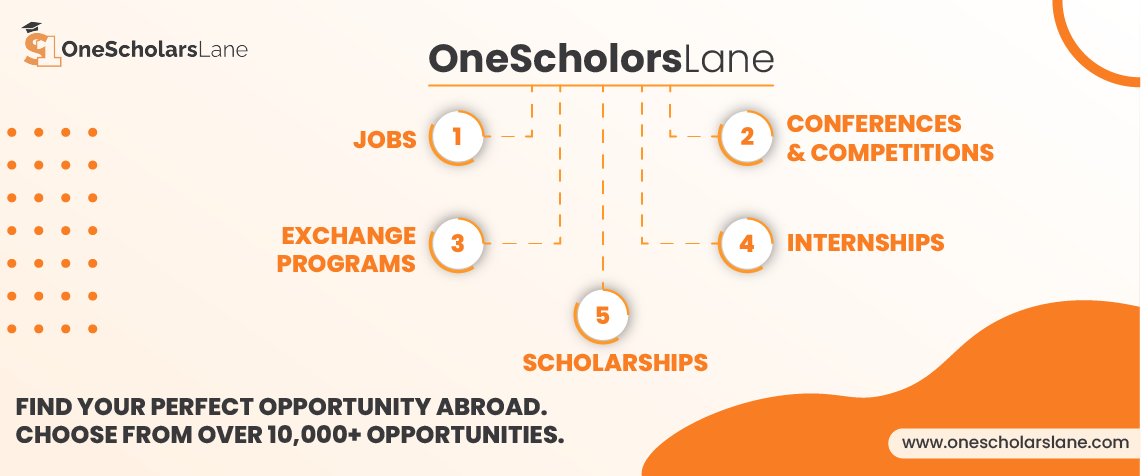
“I have been fortunate to have access to cutting edge technology, which has allowed me to continue with my work and communicate my theories, thoughts and ideas, even after my illness robbed me of my natural speaking voice. Without this technology I would be mute, a prisoner inside my own mind. I would not even be able to ask for a cup of tea, let alone describe my no boundary theory of how the universe began...”
Professor Stephen Hawking (UK)
Worldwide there are more than one billion persons with disabilities. Their existence is impeded by inadequate legal frameworks to protect their rights and a lack of financial and human resources to carry out their activities related to basic needs. Moreover, they also have a lack of opportunities to access information and knowledge, as well as the benefits of scientific and technological development.
The UNESCO/Emir Jaber Al Ahmad Al Jaber Al Sabah Prize for Digital Empowerment of Persons with Disabilities (hereafter the Prize) is to recognize the outstanding contributions of individuals and organizations in promoting the inclusion; and enhancing the lives of persons with disabilities through the application of digital solutions, resources and technologies.
In line with UNESCO’s strategic objectives and especially the Major Programme Communication and Information, this includes translating human rights and fundamental freedoms into action, with a particular emphasis on removing barriers to enable greater access to information and knowledge, as well as learning and participation in society through the effective application of Information and Communication Technologies (ICTs).
The Prize has also direct thematic linkages to other UNESCO’s Major Programmes.
The Prize will be offered biennially in 2020/2021. The Prize will be awarded in each biennial edition and will be divided equally to:
These awards are for individuals and organizations and are not for projects or programmes. Successful individuals and organizations will usually have undertaken a series of relevant projects and programmes, developed appropriate tools or resources, and enhanced co-operation and partnerships that will contribute to their achievements, but it is the overall personal or organizational contribution that will be assessed.
The total amount available for the Prize biennially is USD $ 40,000, which will be distributed equally between the individual and the organizational winner.
UNESCO will publicize the Prize winners, and will seek to work with them to enhance and promote their continued activities in the field of the digital empowerment of persons with disabilities.
Prize winners (Laureates) will be selected by the Director-General of UNESCO on the basis of the assessments and recommendations made by a Jury.
All processes relating to the administration of the Prize will adhere to UNESCO’s Statutes for the Prize.